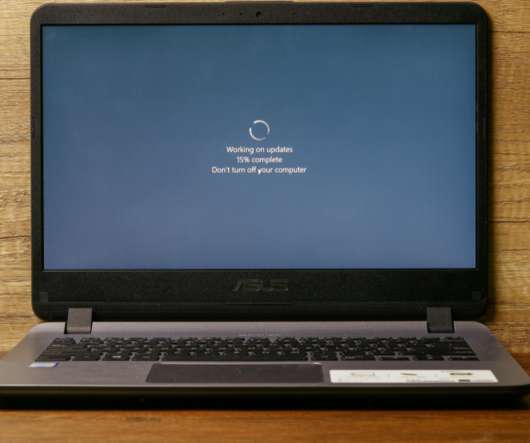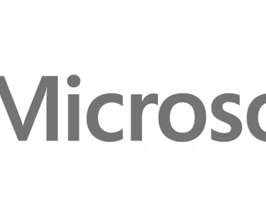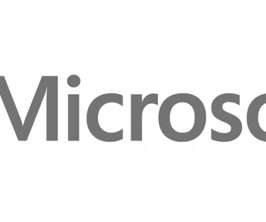Microsoft Patch Tuesday, April 2022 Edition
Krebs on Security
APRIL 13, 2022
Microsoft on Tuesday released updates to fix roughly 120 security vulnerabilities in its Windows operating systems and other software. Two of the flaws have been publicly detailed prior to this week, and one is already seeing active exploitation, according to a report from the U.S. National Security Agency (NSA).













Let's personalize your content